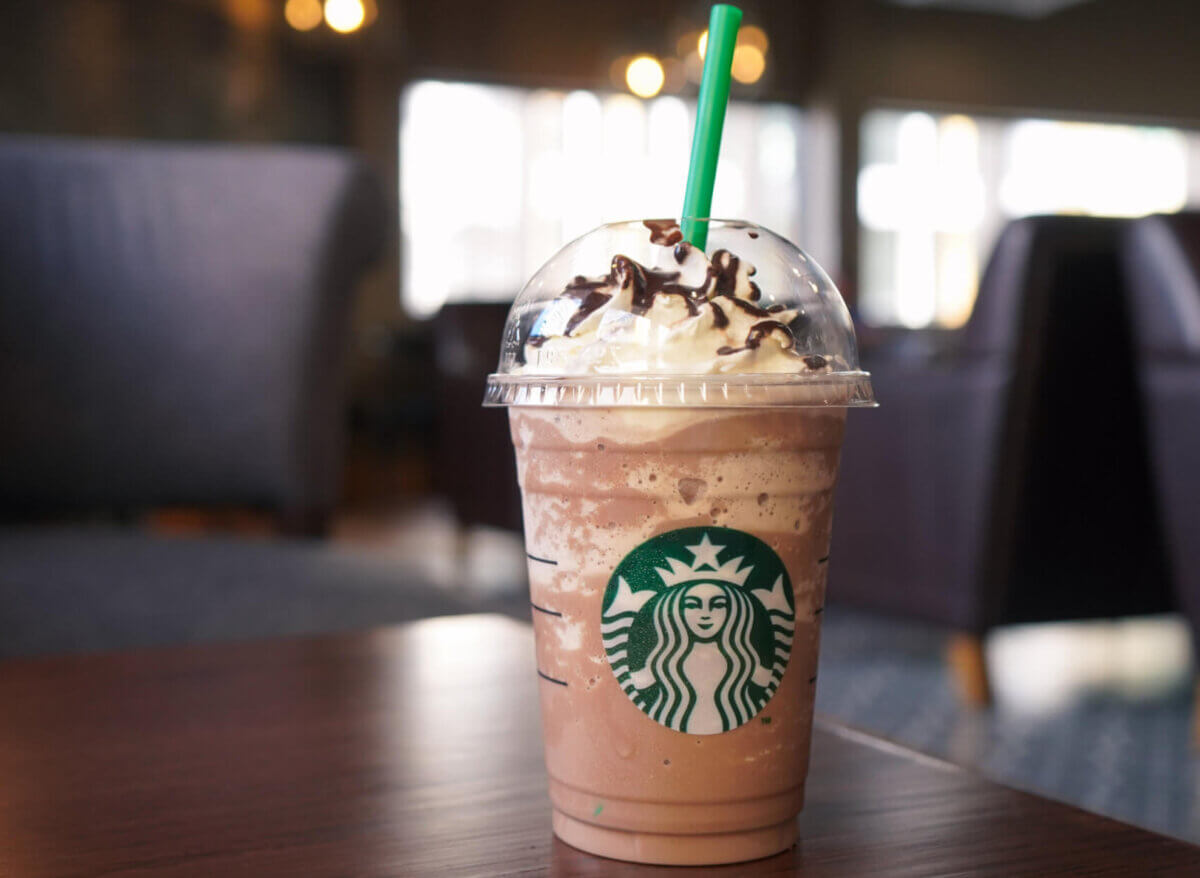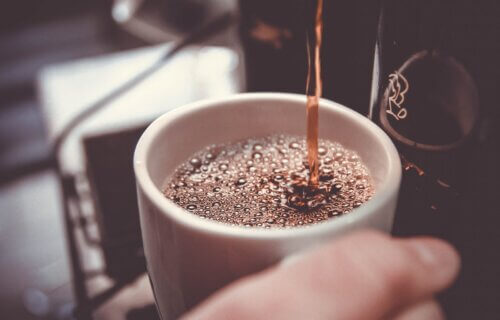If you enjoy a fresh and hot morning coffee, you’re not alone. Coffee is an A.M. staple in homes all over the world. However, it’s not hard to find a young wellness influencer online telling you how quitting coffee was the best thing they ever did for their health. So, does that mean coffee is bad?
Although we’d like for things to be clear-cut in nutrition, things aren’t that easy. Everyone is different and science isn’t always a yes or a no answer. At the same time, there’s lots of evidence to support that coffee is not inherently detrimental to human health, and may even confer health benefits.
Coffee is brewed from ground coffee beans and either served hot or cold. Although we call them “beans,” they actually aren’t at all, even though they look like it. Coffee trees grow small, bright red fruit called coffee cherries. The “beans” are the pit inside.
How did coffee get a bad rep?
Coffee has been controversial for years. In 1991, coffee was actually classified as a Group 2B carcinogen, possibly carcinogenic to humans, by the World Health Organization (WHO). The decision was based on weak evidence of a positive link to bladder cancer. In 2016, they took it back.
The WHO’s International Agency for Research on Cancer found “no conclusive evidence for a carcinogenic effect of drinking coffee,” but some small cause for concern for drinking it hot.
Additionally, caffeine content has been an area of concern. Caffeine acts on the central nervous system to stimulate the body and keep you awake. Generally speaking, having too much caffeine can make you feel jittery and anxious. If you drink coffee too close to bedtime you’re also probably going to stay up longer than you planned or wake up with an upset stomach.
Coffee may also keep you up at night, as it stays in the body for hours after your last sip and can interfere with sleep. Of note, caffeine can increase cortisol in the body. Cortisol is a stress hormone that is already high when you first wake up in the morning — when most people have their first cup. Tolerance to caffeine can depend on a lot of things. Just because one person says they react poorly to caffeine doesn’t mean that you will react the same way. Age, body mass, and other factors can all have an impact.
Another important thing to recognize is that black coffee or coffee with just a splash of milk and not much else is a lot different than a Dunkin’ Pumpkin Swirl Frozen Coffee, which contains 102 grams of sugar just in a size small. Consuming excessive amounts of ultra-processed sweeteners and creams, which are most often found in specialty drinks from Starbucks or Dunkin’, is linked to several chronic diseases like hypertension and diabetes.

Does coffee have any health benefits?
You may not have heard them, but there are several good things to say about coffee. Coffee is rich in antioxidants, as well as some nutrients like riboflavin (vitamin B2), niacin (vitamin B3), magnesium, and potassium. These aren’t present in very high amounts, but it’s worth noting, especially if you drink multiple cups per day.
Coffee is also packed with chlorogenic acids (CGA), which are a class of phenolic compounds that may improve insulin resistance and blood pressure. Some research even suggests that it can protect the liver, particularly in the case of non-alcoholic fatty liver disease (NAFLD). NAFLD happens when excess fat builds in liver cells. The condition affects close to 100 million individuals in the United States.
Most notably, coffee gives you energy. While you shouldn’t drink more than you can handle, coffee gets millions through their days every single day by reducing fatigue and boosting energy. Many athletes use coffee as a performance enhancer, and researchers have reported that drinking coffee before a workout can help with endurance and lower perceived exertion/work.
If you’re just drinking coffee so you can get to class or work on time, some suggest that waiting a little later in the day (early morning/late afternoon) to have your first cup may help you benefit from coffee’s energy boost more as your body will have less cortisol than when you’re just waking up.

Bottom line
Coffee is one of the most popular drinks in the world. As such, researchers have spent a lot of time studying the effects on human health. While coffee may not work for some people, and others may have to limit intake for various reasons, the fearmongering around it is largely unwarranted.
Coffee in moderation has not been associated with poor health outcomes, and may even be health-promoting. Just be mindful of additives, your drinking frequency, and your lifestyle habits when determining how or if regular consumption is right for you.
You might also be interested in:
- Best Coffee Beans: Top 5 Brews Most Recommended By Experts
- Best Coffee Makers For 2023: Top 5 Brands Most Recommended By Experts
- Best Health Benefits Of Coffee: 7 Reasons A Daily Cup Is Good For You, According To Science
- Best Coffee Chains: Top 5 Trendy Shops, According To Experts

